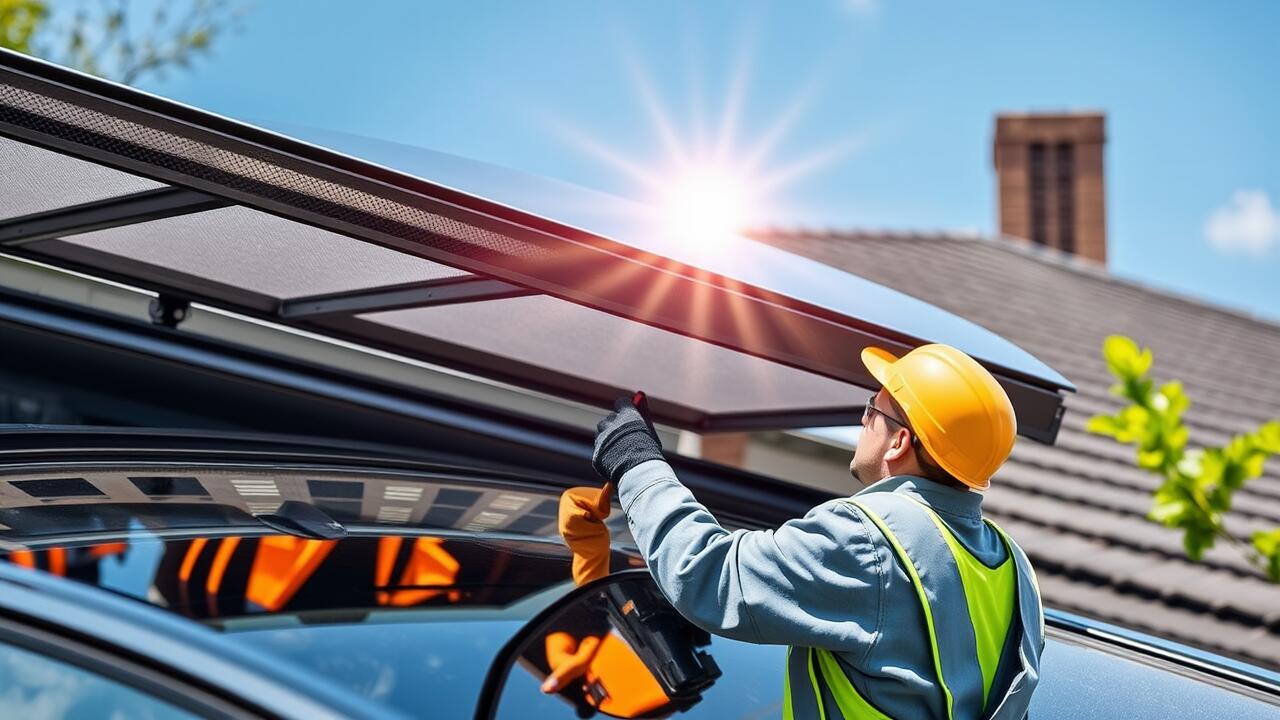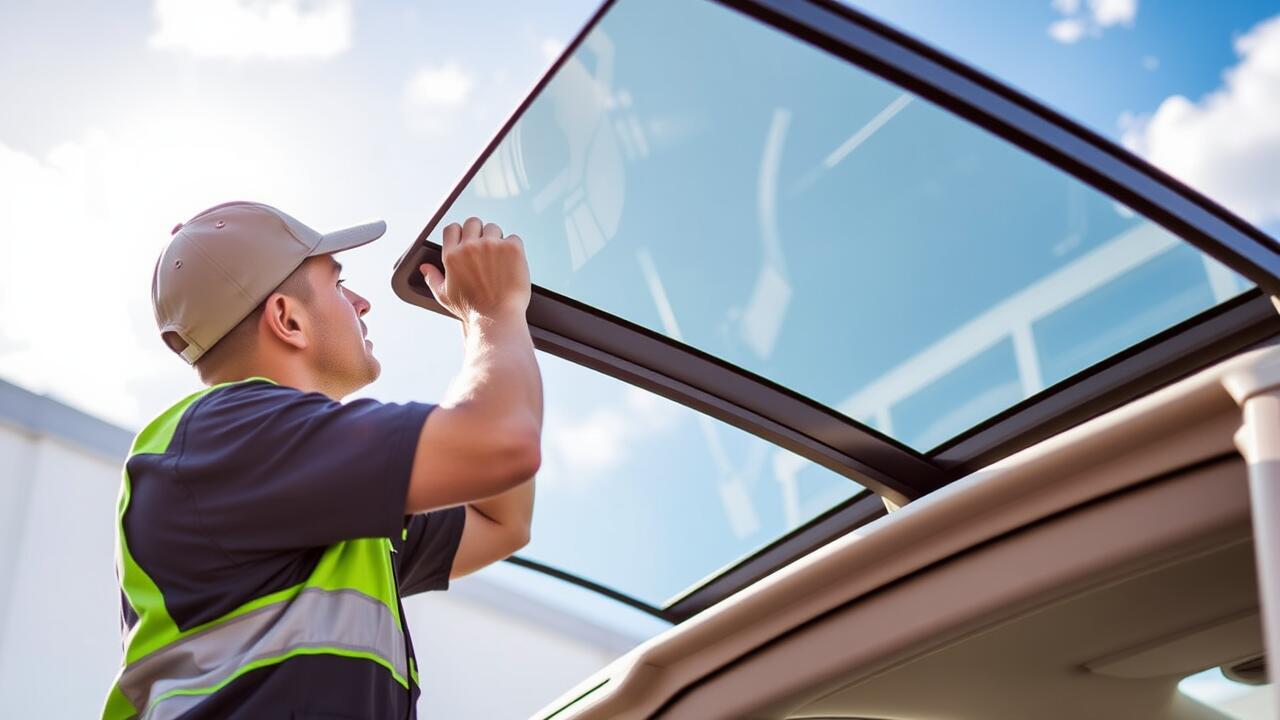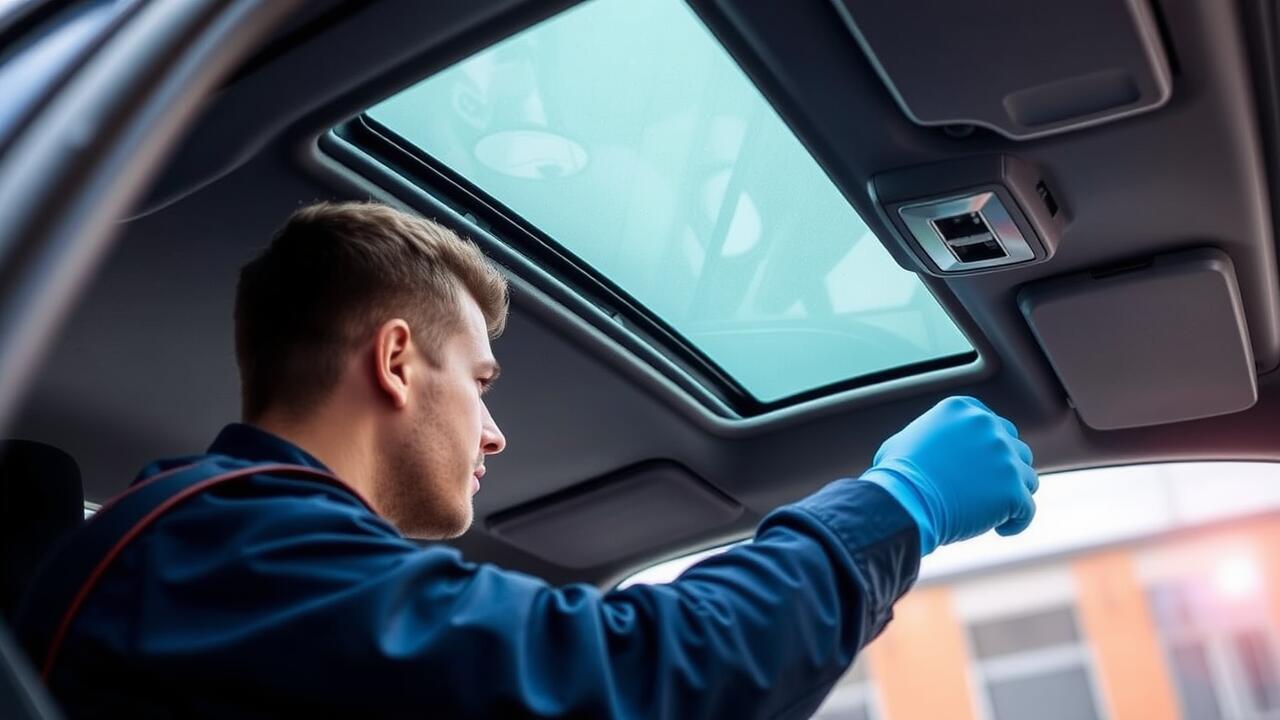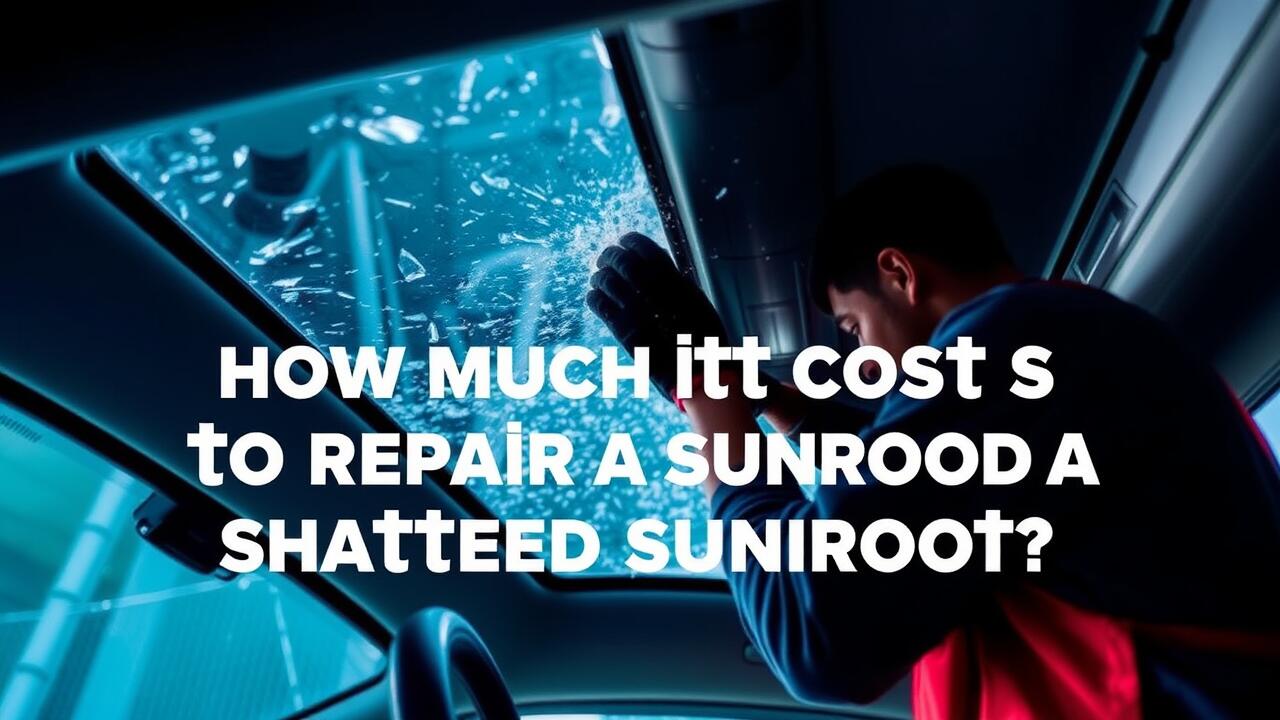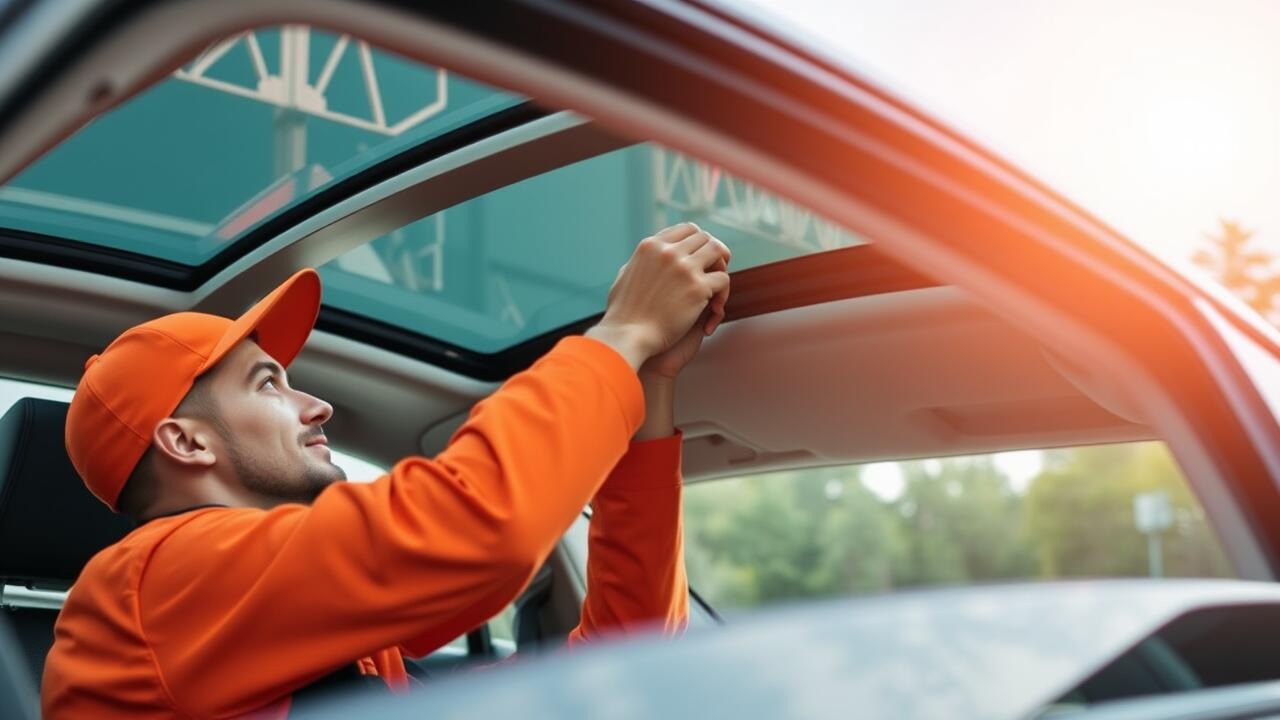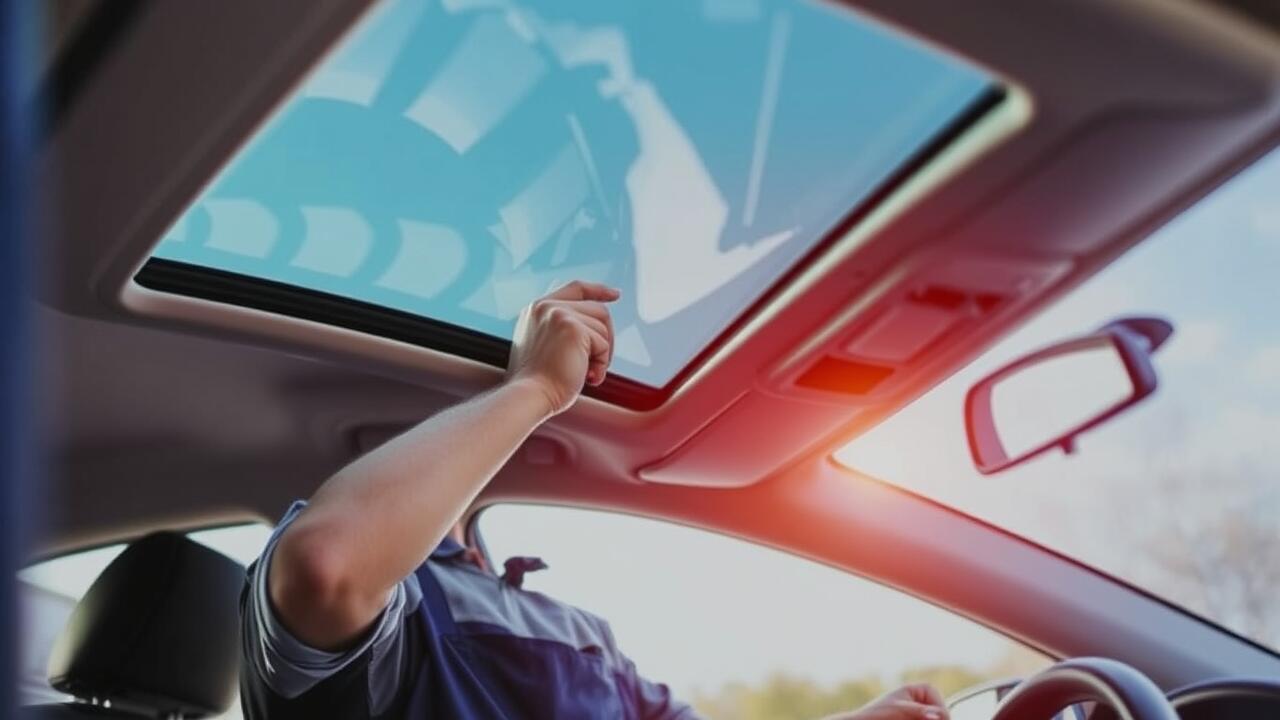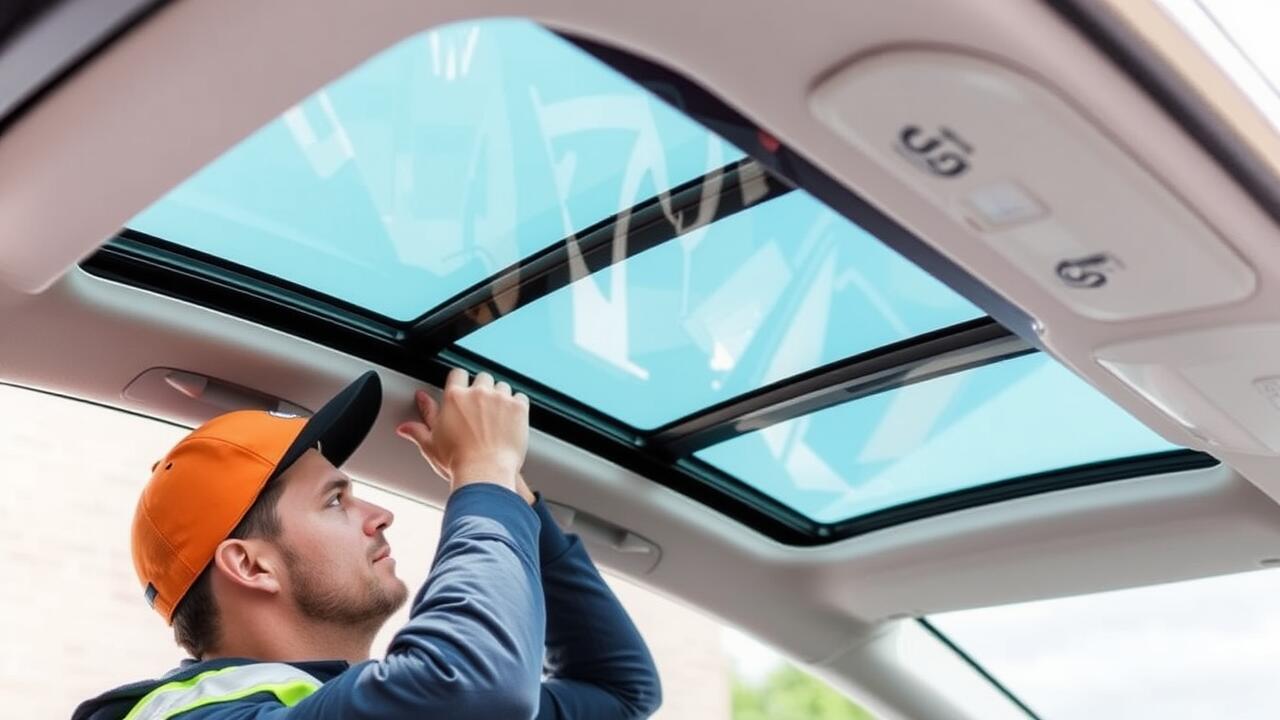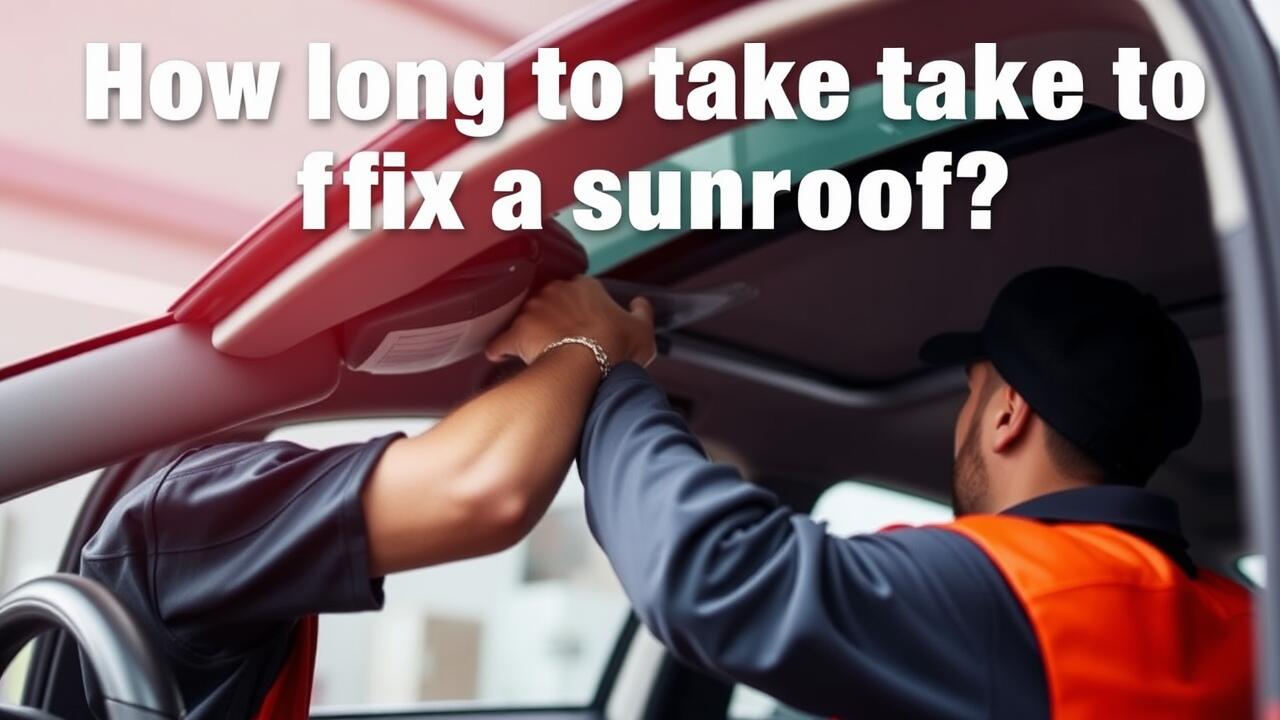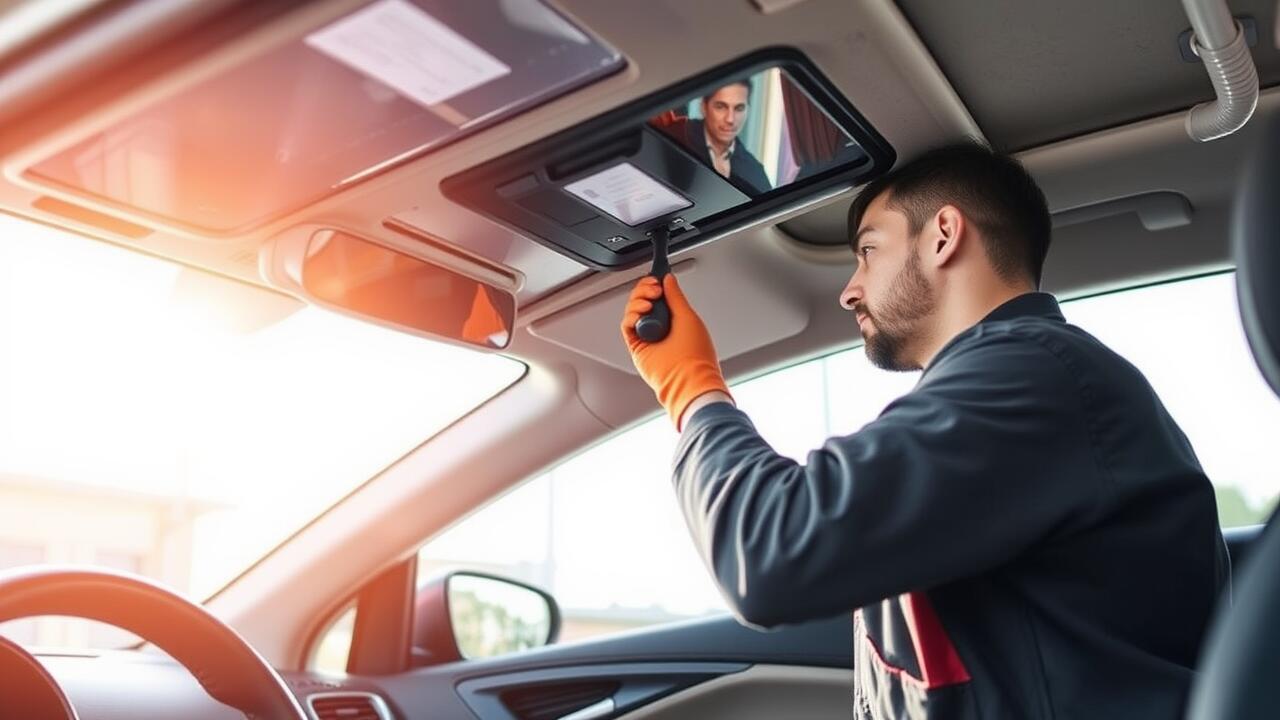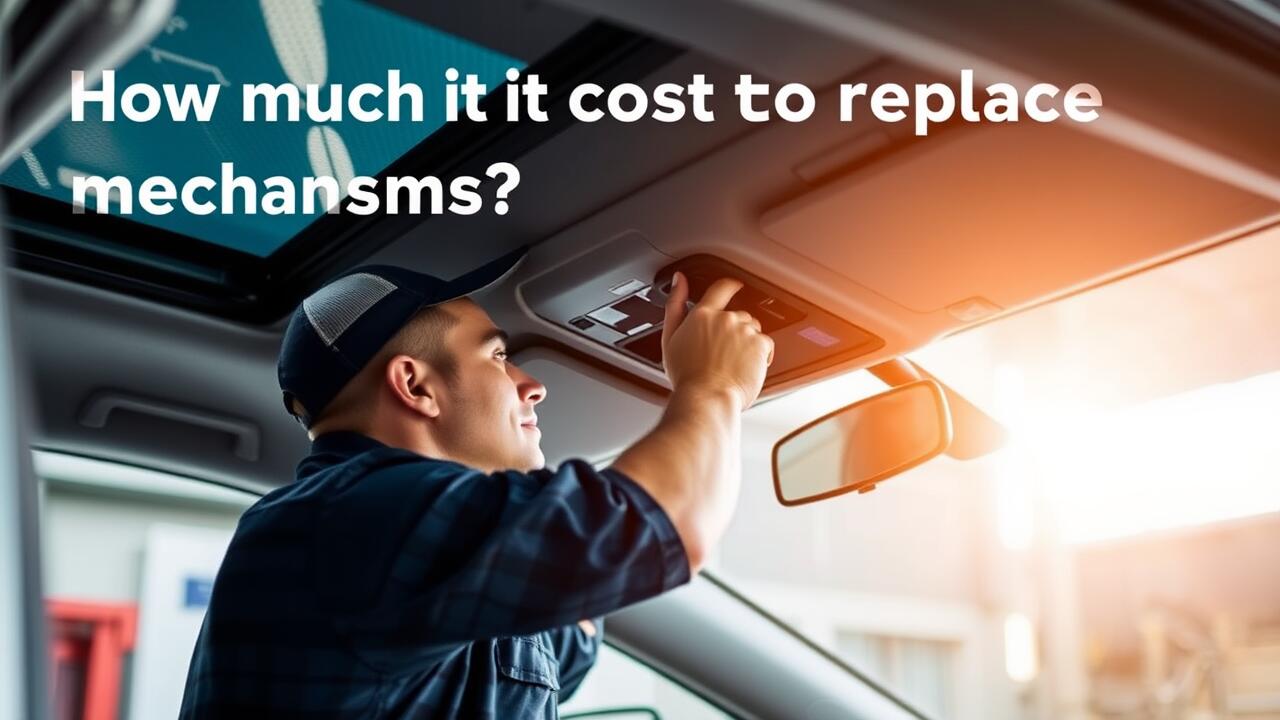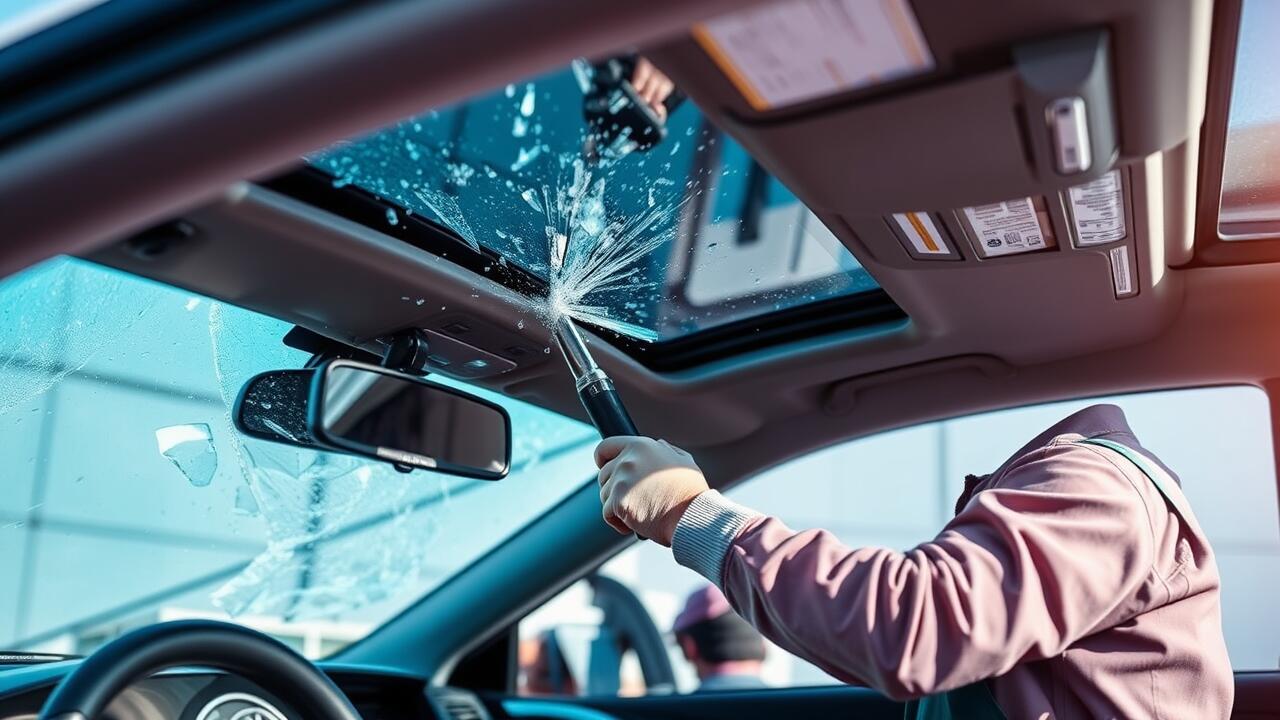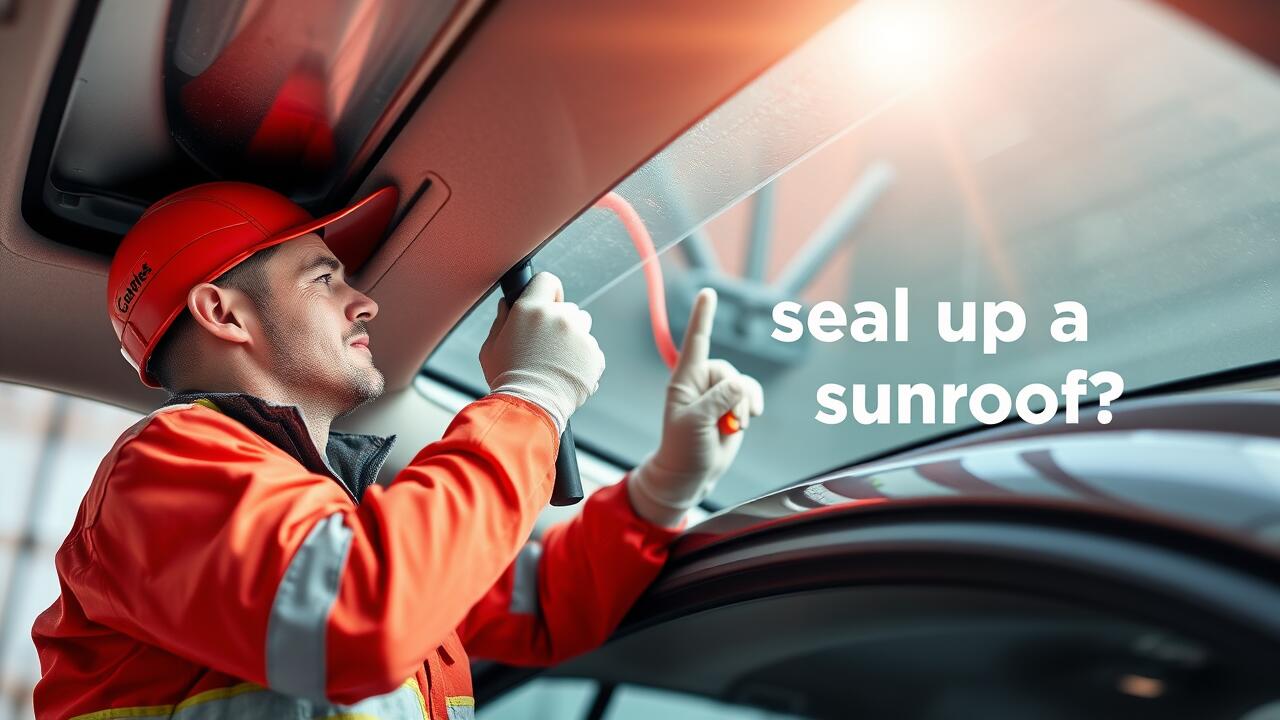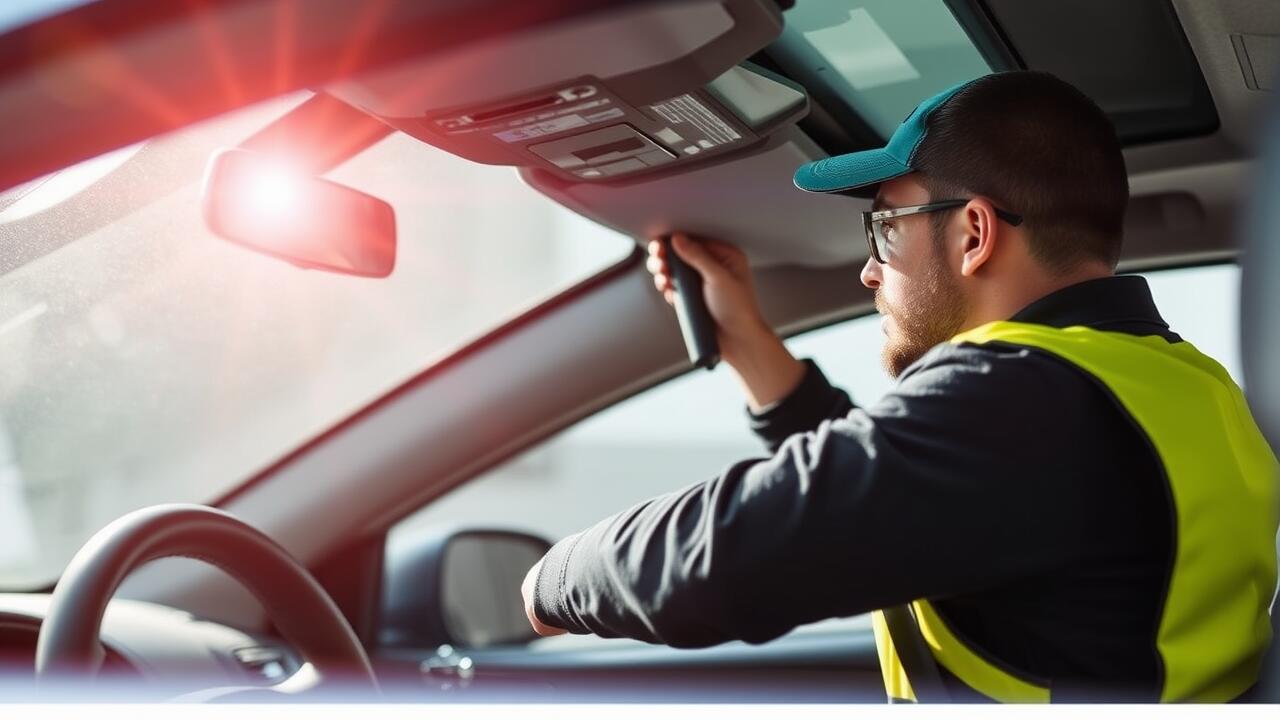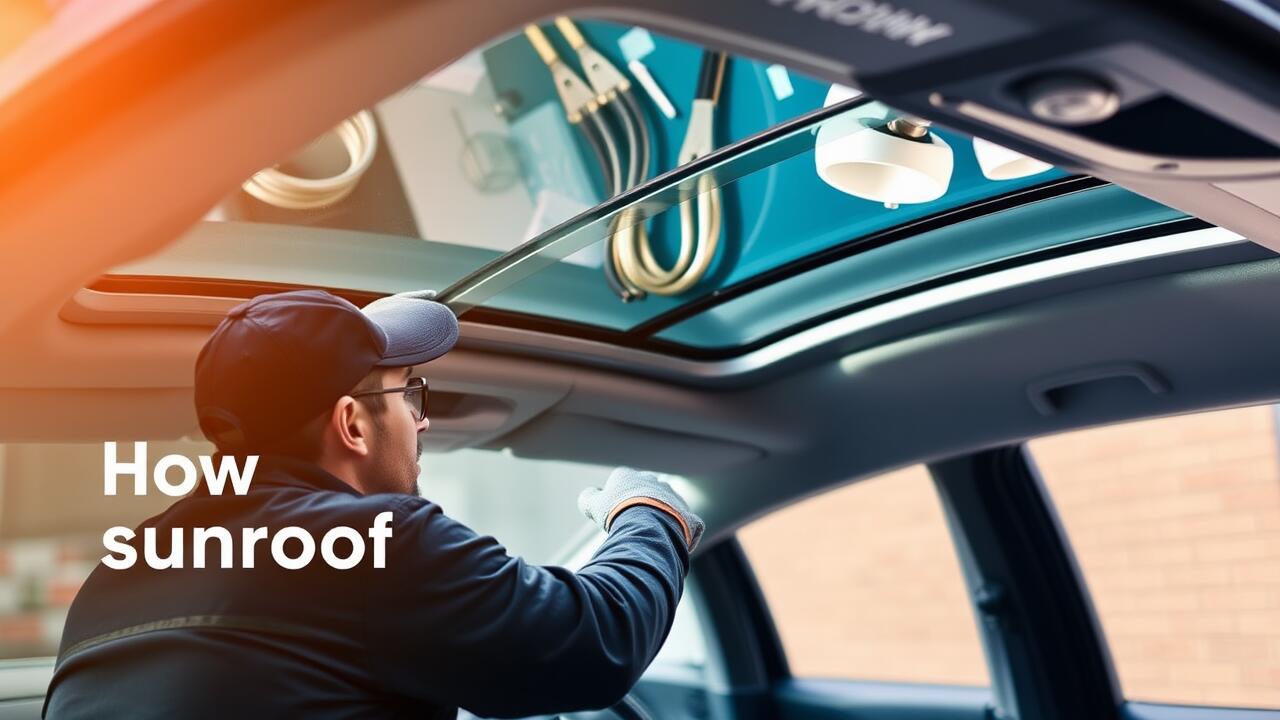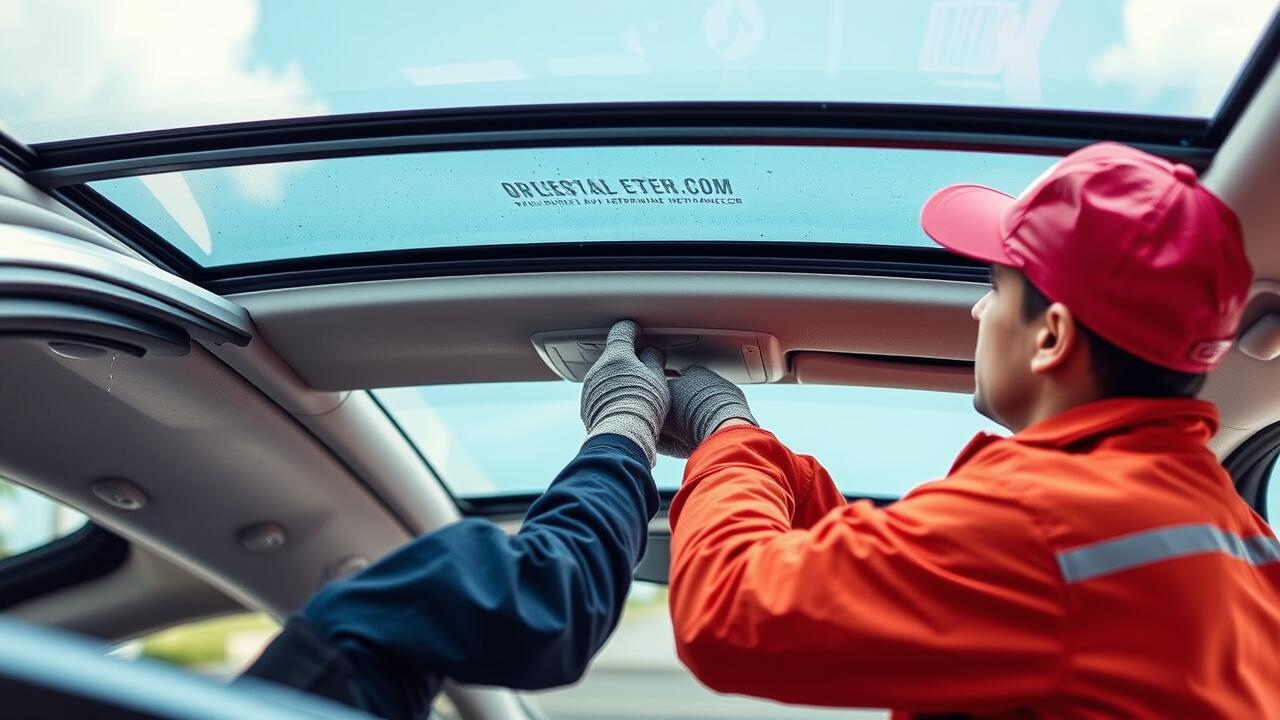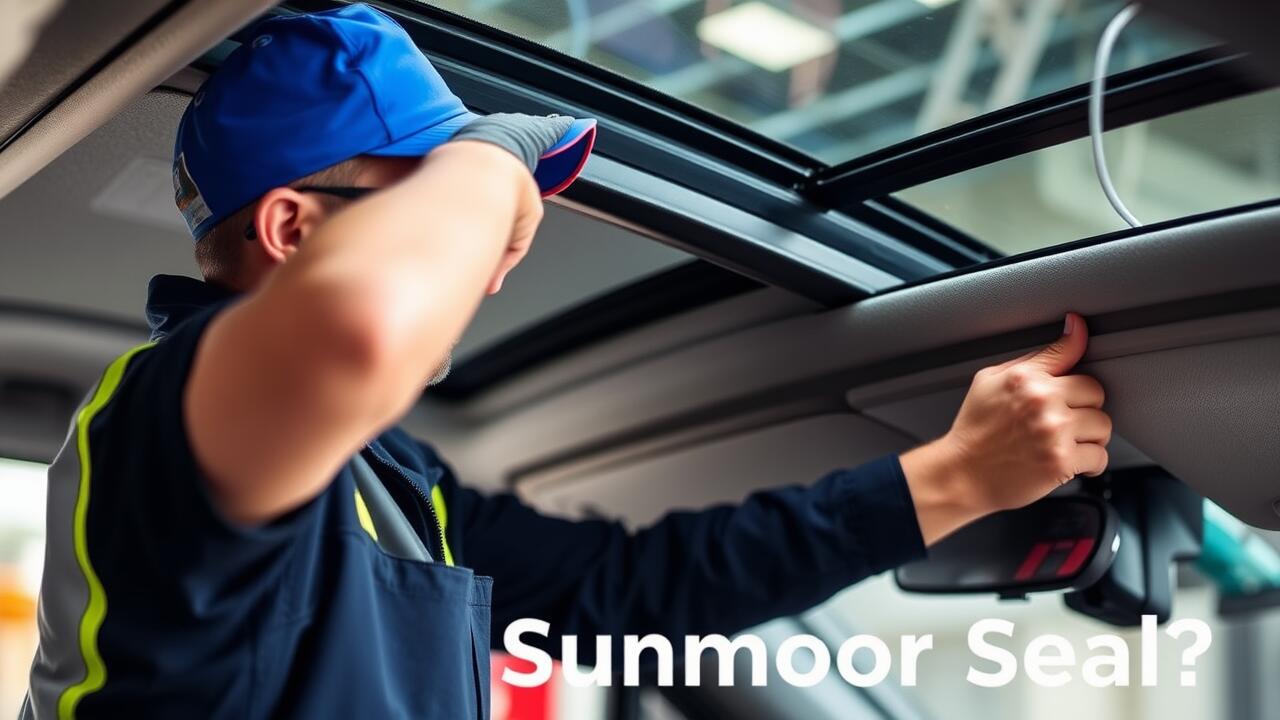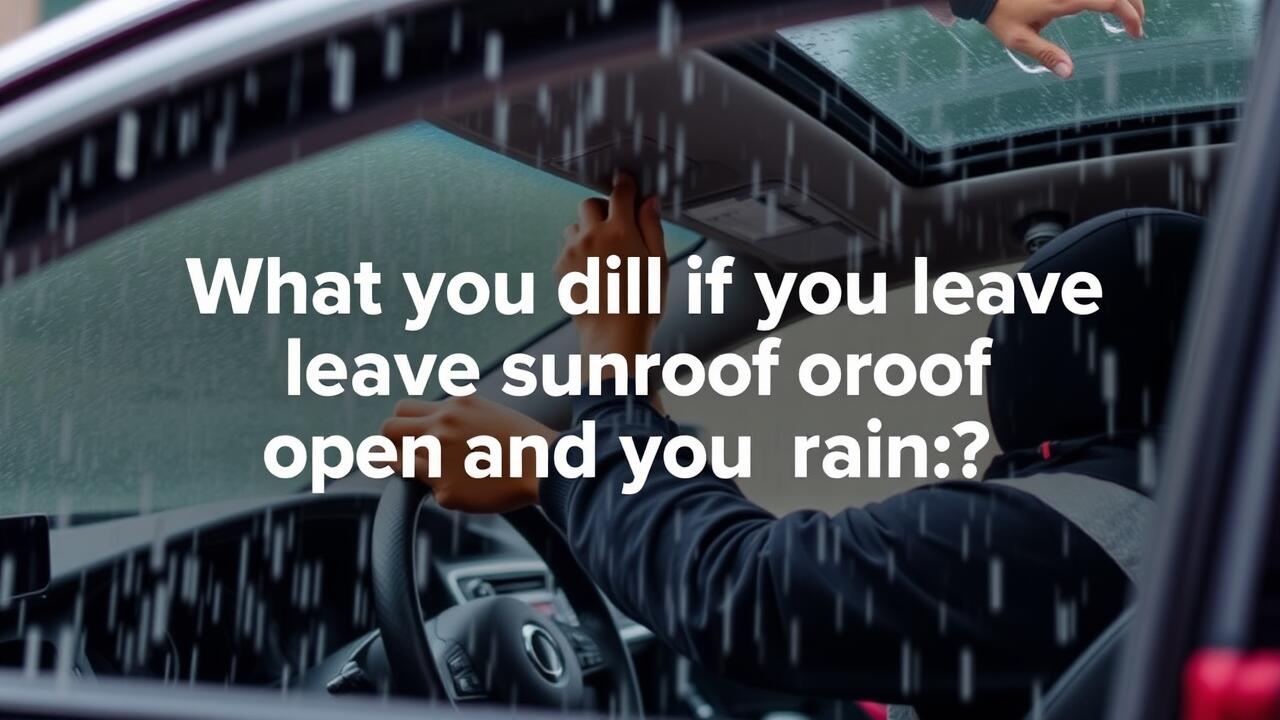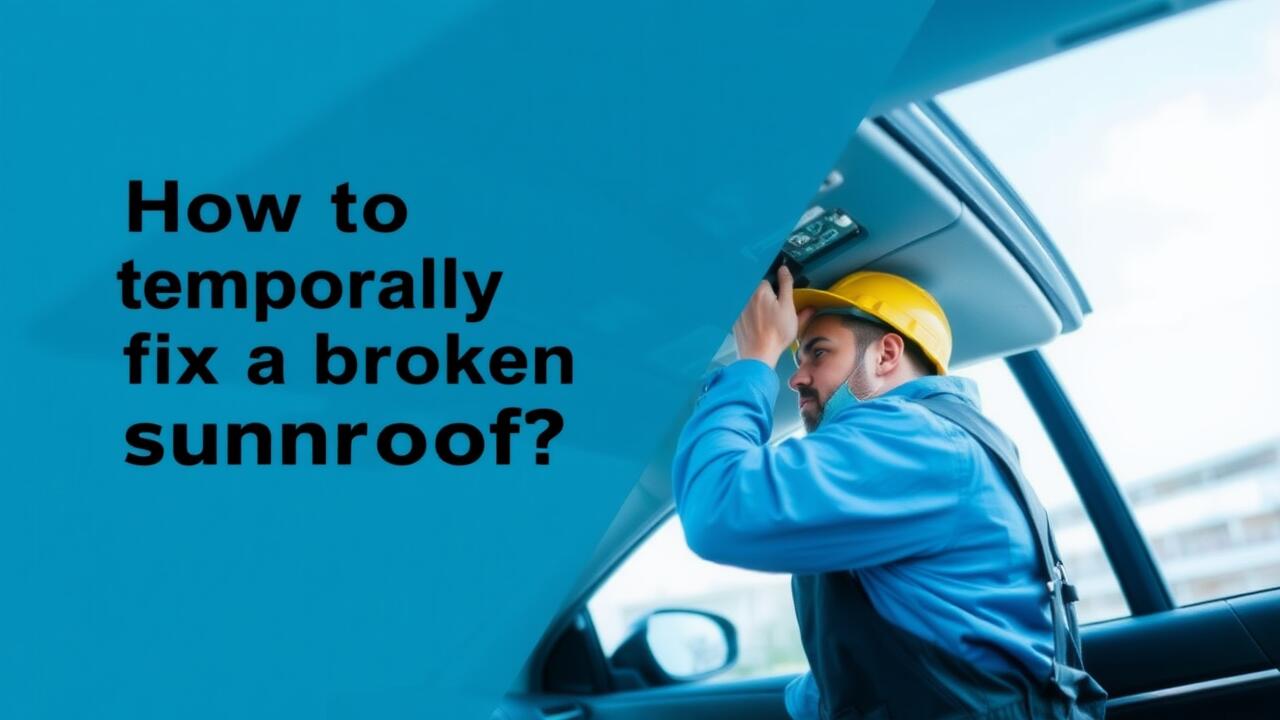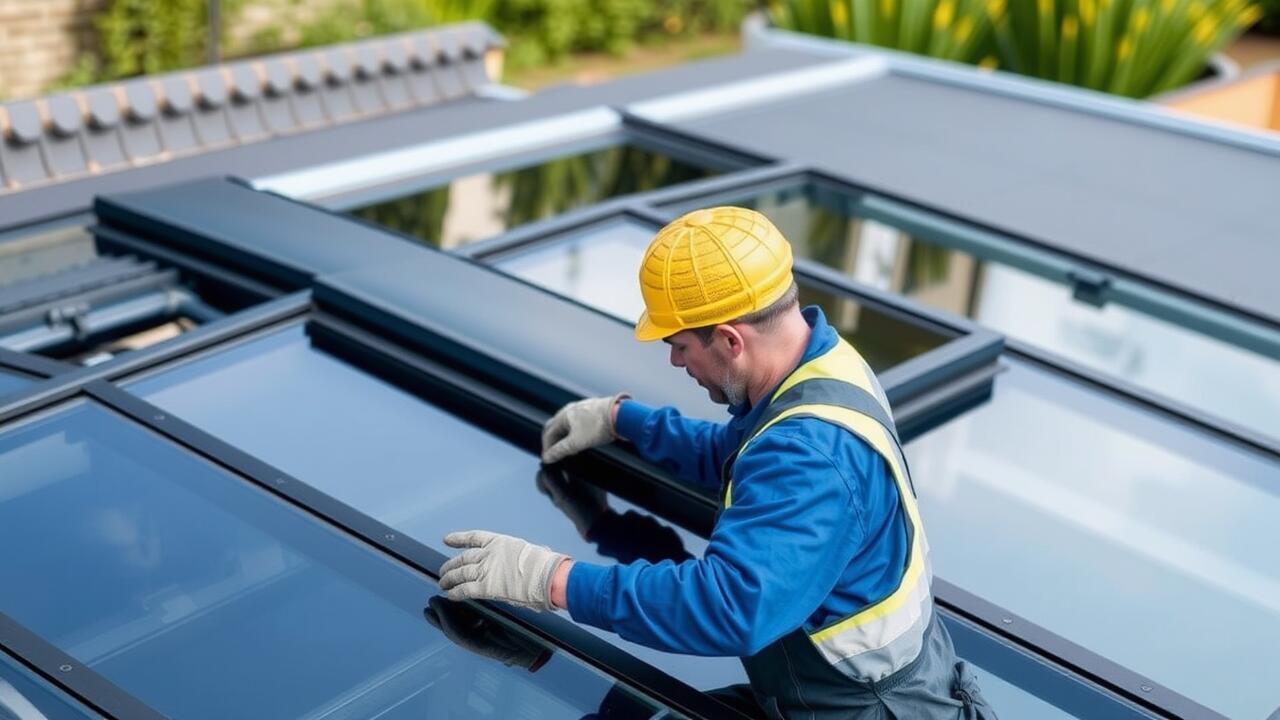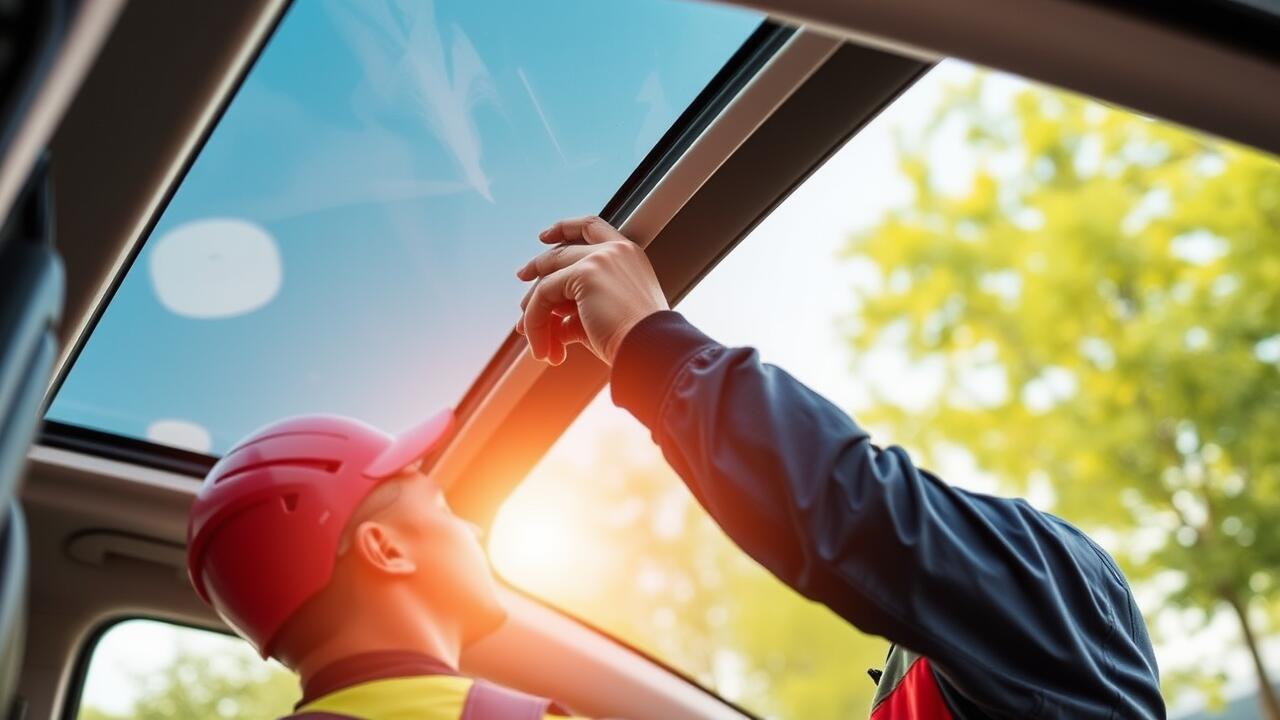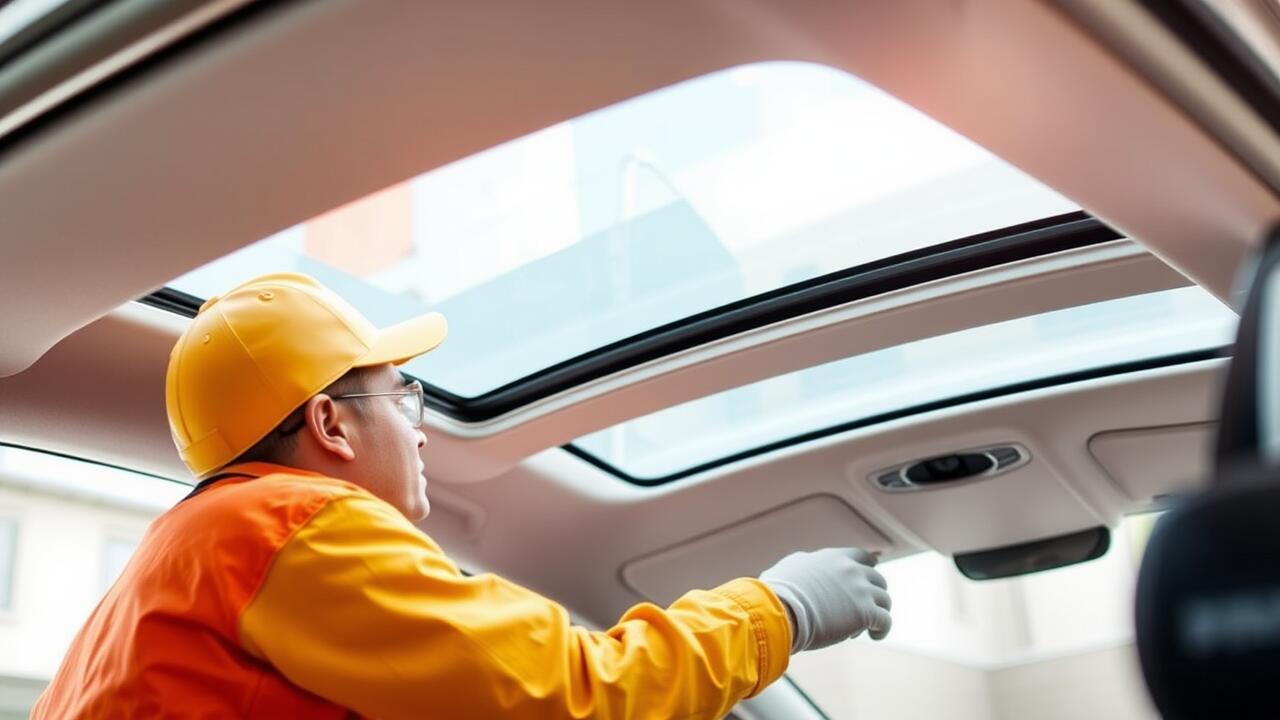
Table Of Contents
Regional Considerations for Sunroof Value
The perceived value of a sunroof can vary significantly based on regional preferences and climate conditions. In areas with warm climates, such as Southern California or Florida, sunroofs are generally seen as desirable features. They can enhance the driving experience by allowing for increased sunlight and ventilation. In contrast, regions with colder climates may not prioritize sunroofs as highly. Consumers in these areas might view them as unnecessary, especially given the potential for leaks or snow buildup, which can lead to sunroof replacement concerns.
Local market trends also play a role in the value attributed to vehicles with sunroofs. In urban environments where cars are often parked outdoors, a sunroof may add allure, suggesting a more luxurious vehicle. However, in rural settings where practicality tends to take precedence, the additional features of a sunroof might not contribute as significantly to a car’s overall value. Factors such as potential maintenance issues and the likelihood of needing sunroof replacement can influence buyer perceptions and ultimately affect resale values.
Climate's Role in Sunroof Demand
The demand for sunroofs often varies based on regional climates. In areas with warm, sunny weather, such as the Southwest or parts of California, sunroofs can be particularly appealing. They enhance the driving experience by allowing fresh air and sunlight into the cabin, making journeys more enjoyable. Conversely, regions with cooler or more overcast climates might see less interest in sunroofs, as the benefits can seem less pronounced. Buyers in these areas might prioritize features that help with insulation or heating instead.
Insurance considerations also play a role in sunroof demand. Car owners in sunnier climates may be more inclined to seek out vehicles equipped with a sunroof, while they might also be aware of the potential costs associated with sunroof replacement. In some cases, having a sunroof can influence insurance premiums, reflecting the additional risks involved with repairs or damages. Therefore, regional climate not only affects consumer preferences but also informs the broader implications of ownership and maintenance.
Insurance Implications of Sunroofs
Sunroofs may impact insurance premiums and coverage options. Vehicles equipped with sunroofs can be considered higher risk due to the potential for leaks, glass damage, or mechanical failure. Insurance companies often assess the added features of a vehicle and may adjust premiums accordingly. Drivers might find that the inclusion of a sunroof leads to higher rates, reflecting the increased cost associated with repairs or replacements.
In cases where sunroof damage occurs, the implications for coverage can vary significantly among different insurers. Claims related to sunroof damage may involve specific conditions based on the type of policy held. Sunroof replacement can be expensive, and understanding how it fits into your coverage is crucial for avoiding unexpected expenses. Car owners should review their insurance policies to ensure they fully comprehend how sunroof-related incidents are handled in terms of both coverage and premium adjustments.
Understanding Coverage and Premium Changes
When considering the insurance implications of a sunroof, it's essential to understand how coverage can change. Some policies might view sunroofs as a risk factor because of the potential for leaks or mechanical issues. Standard coverage may not apply in certain situations, especially if the sunroof malfunctions and causes damage to the vehicle's interior. This means that drivers should review their insurance plan closely to ensure adequate protection in case of sunroof-related issues.
Sunroof Replacement can also play a significant role in insurance premiums. Depending on the make and model of the car, replacing a sunroof can be costly, and some insurers may factor this into their premium calculations. Drivers might find that having a sunroof results in higher premiums, particularly if parts are expensive or repairs are frequent. Understanding these dynamics can help car owners make informed decisions about their coverage and potential costs associated with sunroof maintenance.
Resale Value and Sunroofs
When evaluating the resale value of a vehicle, features like sunroofs can play a significant role in attracting potential buyers. Many consumers associate sunroofs with luxury and enhanced driving experience, which can elevate the perceived worth of a vehicle. Buyers often seek models with this feature, making cars equipped with sunroofs more marketable. This demand can lead to better resale offers, especially if the car has been well-maintained.
However, it's essential to consider the potential costs associated with a sunroof, specifically regarding Sunroof Replacement. This process can involve substantial expenses if repairs are needed due to leaks or mechanical failure. Prospective buyers may factor in these possible costs when determining their maximum bid for a vehicle. Ultimately, while a sunroof can contribute to a higher initial resale value, the implications of maintenance and replacements may influence buyer attitudes and offers.
How Sunroofs Influence Depreciation Rates
Sunroofs can impact a vehicle's resale value, often perceived as desirable features by many buyers. Cars equipped with sunroofs tend to have a higher initial appeal, creating demand in the used car market. However, this allure might not always translate to a proportional increase in resale value, as potential buyers may prioritize reliability over luxury features. Thus, the overall impact of a sunroof on depreciation can vary based on other conditions, including the make and model of the vehicle.
Maintenance plays a significant role in how sunroofs affect depreciation. Issues such as leaks or mechanical malfunctions can lead to costly repairs, including sunroof replacement, which buyers might factor into their purchasing decision. When a car with a well-maintained sunroof is compared to one without, the difference in perceived value can be notable. Ultimately, while a sunroof can enhance a car’s desirability, the influence on depreciation rates will depend on the vehicle's overall condition and the specific market dynamics at play.
FAQS
Do sunroofs generally increase a car's resale value?
Yes, sunroofs can increase a car's resale value, particularly in regions where they are in high demand. However, the extent of this increase may vary based on other factors like the vehicle's overall condition and market trends.
Are sunroofs more valuable in certain climates?
Yes, sunroofs tend to be more valued in warmer climates where people enjoy open-air driving. In colder regions, the demand may be lower, potentially affecting the sunroof's contribution to resale value.
How do sunroofs affect car insurance premiums?
Sunroofs can influence car insurance premiums, as they may be considered an added feature that increases the replacement cost of the vehicle. It's important to check with your insurance provider for specific implications.
Can having a sunroof affect my car's depreciation rate?
Yes, sunroofs can positively influence a car's depreciation rate. Vehicles with desirable features like sunroofs may retain their value better compared to similar models without them, although depreciation still depends on various other factors.
What should I consider before adding a sunroof to my car?
Before adding a sunroof, consider factors such as the potential impact on resale value, insurance implications, the climate in your area, and whether the modification aligns with your driving preferences and lifestyle.
